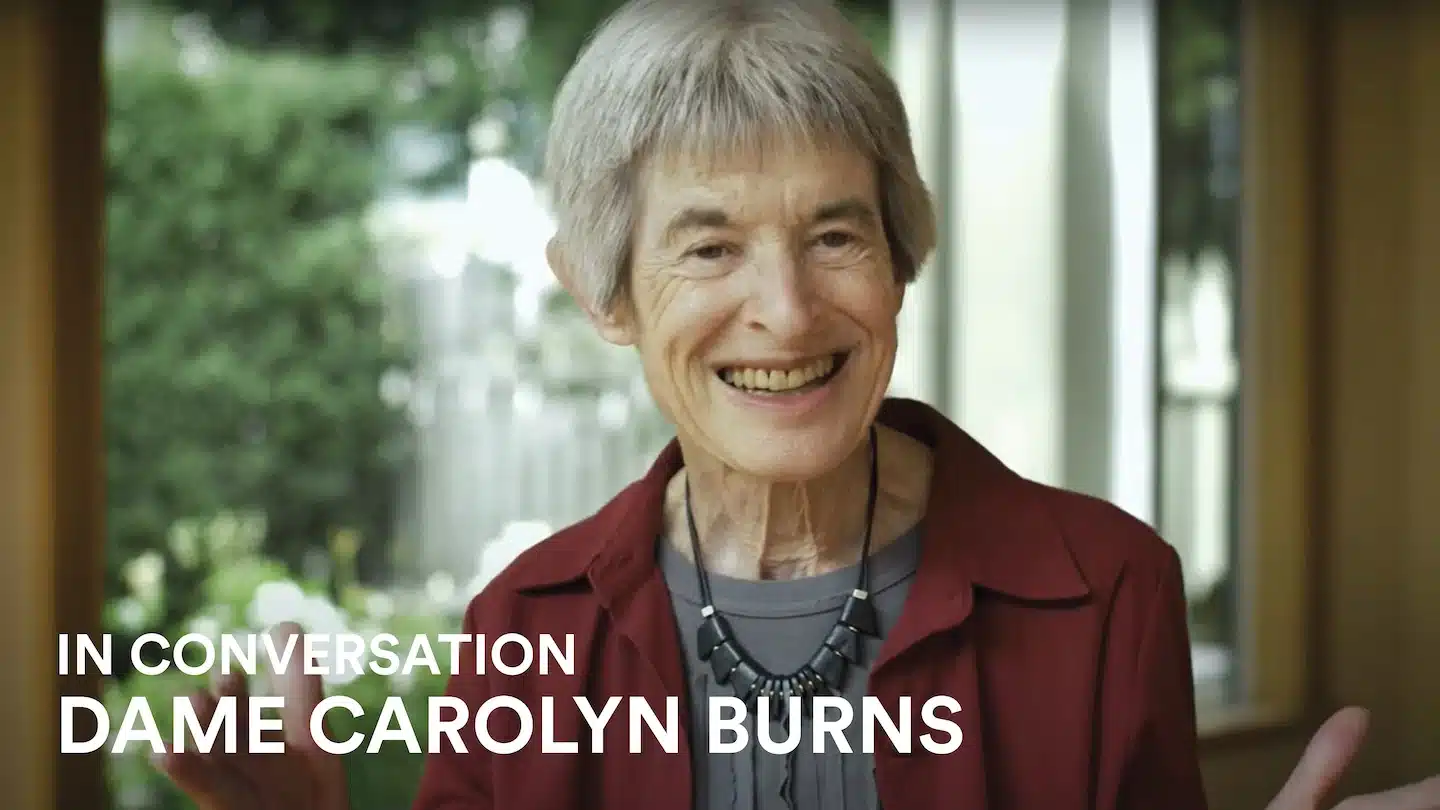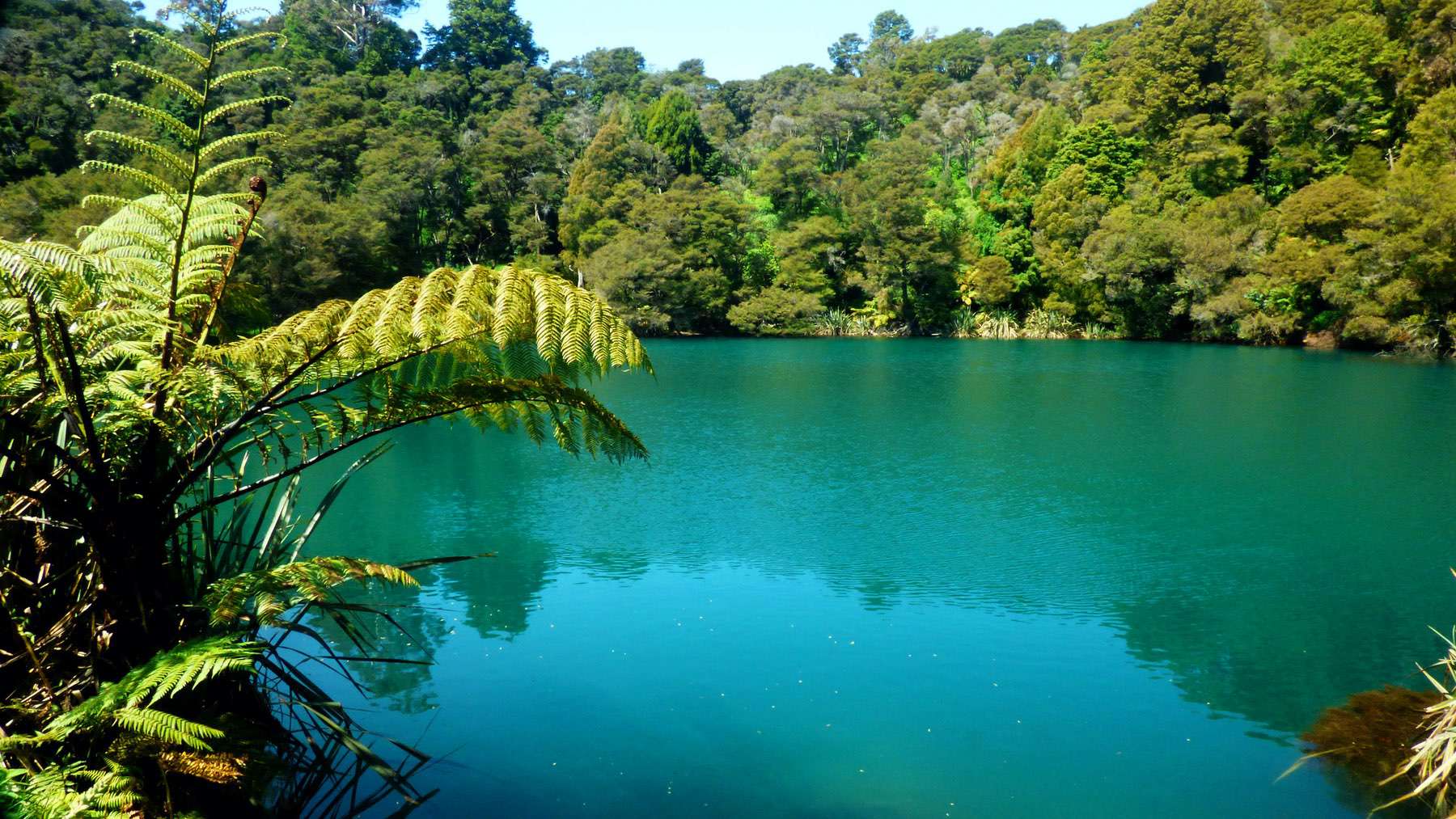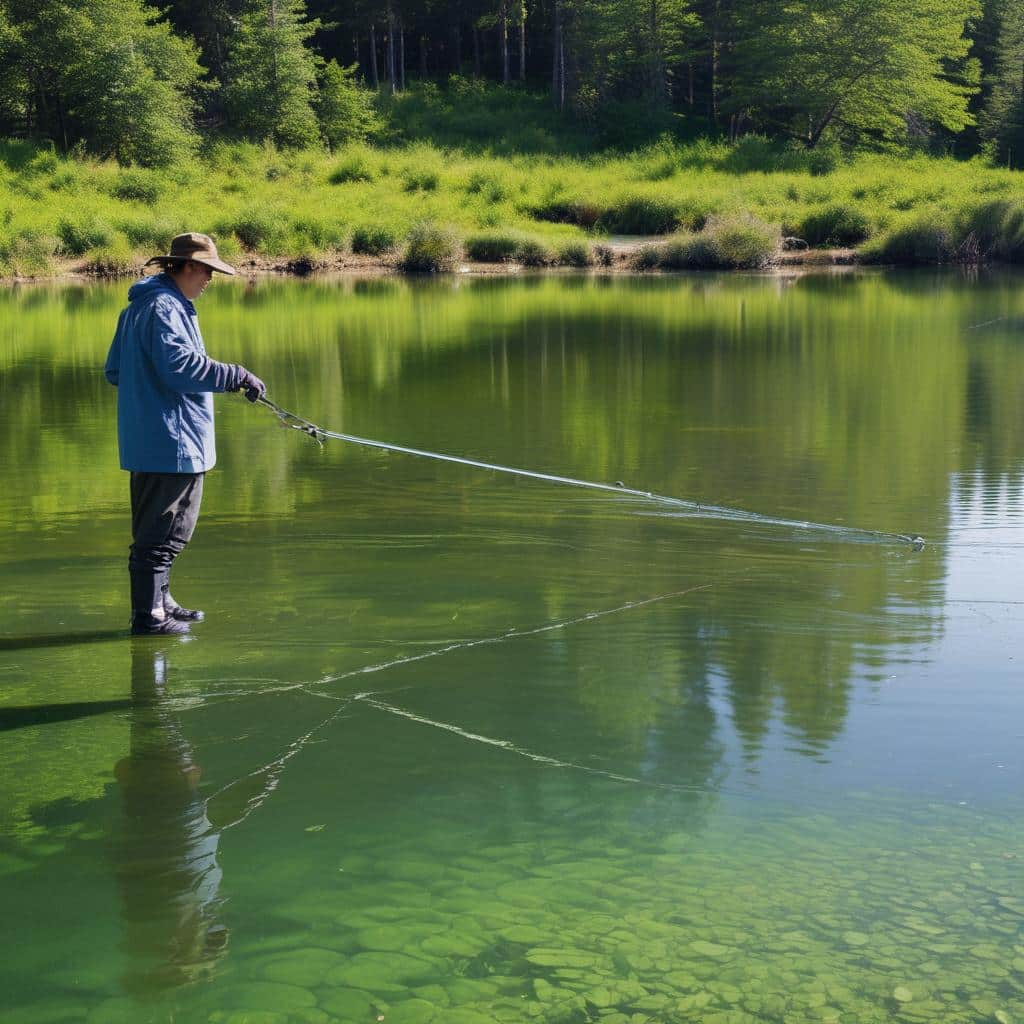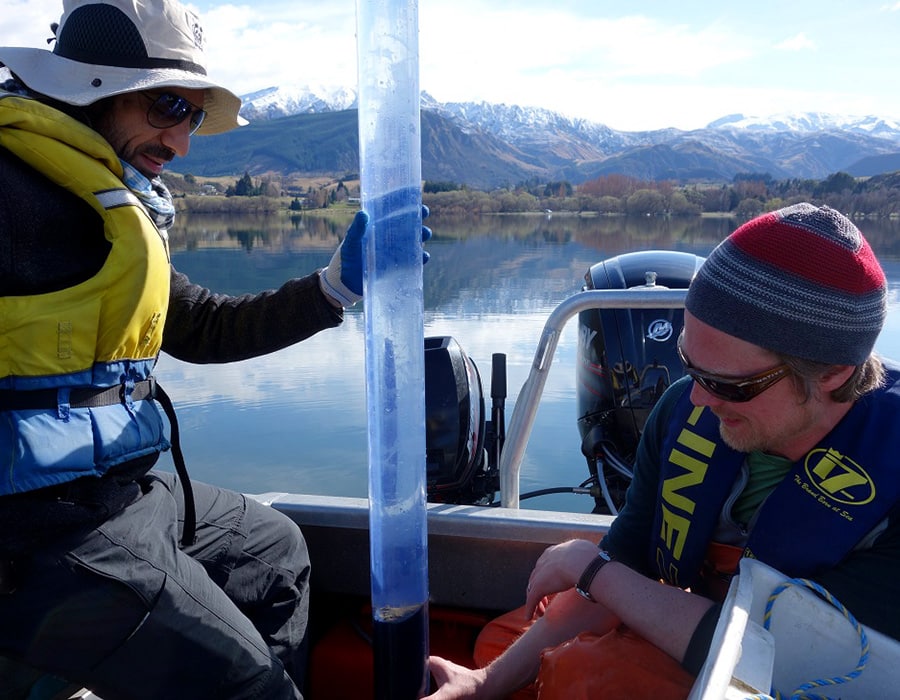The national Lakes380 research programme led by GNS Science and Cawthron Institute has released a new documentary film featuring world-renowned limnologist Emerita Professor Dame Carolyn Burns of the University of Otago.
Produced by Cawthron Institute social scientist Dr Charlotte Šunde with funding support from the New Zealand Freshwater Sciences Society, the interview with Dame Carolyn includes reflections on her decades long career as a scientist with expertise in the field of limnology, or the study of inland aquatic ecosystems.
Dame Carolyn has been a freshwater conservation advocate for most of her life, serving in leadership roles for the International Union for Conservation of Nature (IUCN), as Chair of the Nature Conservation Council between 1978 and 1983, and as President of the International Society of Limnology between 1995-2001. After decades lecturing in the department of zoology at the University of Otago, she rose to the rank of Professor and was head of department from 1997-99.
During the interview, Dame Carolyn talks about her life-long passion for lakes and the need for New Zealanders to place a higher value on them.
Dr Charlotte Šunde says this interview is the latest in a series of documentary films and other media produced through the Lakes380 programme over the past five years.
“Our aim was to build a collection of personal memories, cultural knowledge and scientific information about lakes in Aotearoa New Zealand.
“We’ve created some beautiful documentary films featuring people from across Aotearoa New Zealand that have stimulated fresh conversations around enhancing lake health and mauri.
“This latest documentary with Dame Carolyn builds on that body of work to offer remarkable insights from a person who has contributed significantly to the global field of limnology and to conservation efforts in Aotearoa and abroad.
“I am very pleased to share these insights with a wider audience and hope others will draw inspiration from her passionate advocacy for our freshwater ecosystems.”
View the documentary here.




